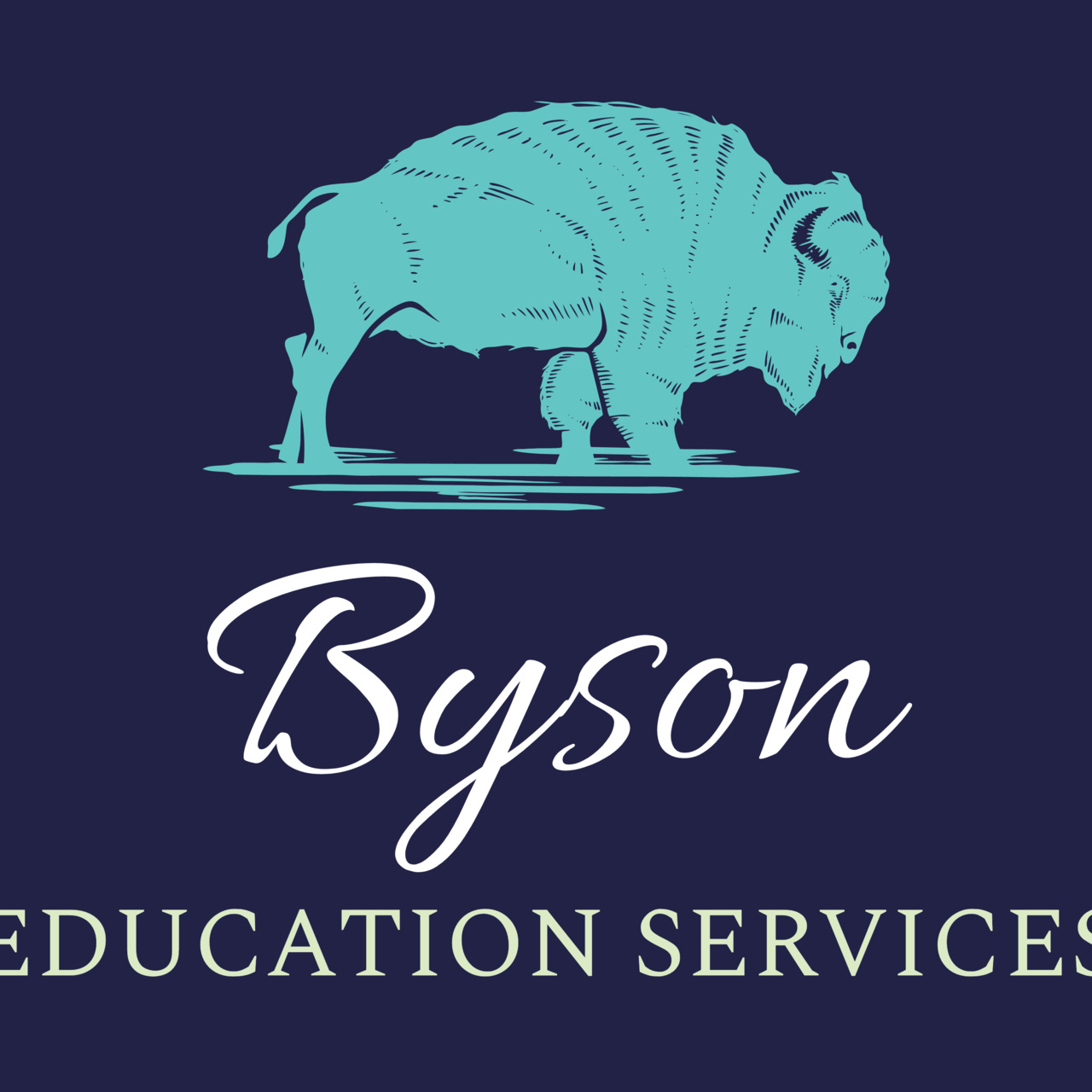As school administrators, we are entrusted with the responsibility of ensuring that students with diverse learning needs receive the support and resources they require. While our commitment to this goal is unwavering, it is essential to recognize that good intentions alone are not enough. To truly make a difference in the lives of our students, we must embrace accountability as a powerful tool for driving results and fostering continuous improvement.

Accountability in special education goes beyond simply following regulations or meeting minimum standards. It involves:
1. Setting clear, measurable goals
Start by establishing specific, achievable objectives for your special education programs. These goals should be aligned with district-wide initiatives and individual student needs. Make sure they are measurable, allowing you to track progress effectively.
For my organization, we have clearly defined goals for retention of staff, increased inclusion of students, academic performance, and compliance reporting. These goals help give clarity to the priorities of the cooperative and the most important work that needs to be done. We know if we are reaching our goals.
2. Regular data collection and analysis
Implement systems to consistently gather relevant data on student performance, program effectiveness, and resource allocation. Regularly analyze this data to identify trends, successes, and areas needing improvement.
We have an abundance of data available to us within our academic systems, IEP systems, and other sources. The challenge we face is having the time and focus to sift through and find the information that tells us a relevant story. Data is only as good as the purpose you will use it for.
3. Continuous professional development
Invest in ongoing training for your special education staff. This ensures they are equipped with the latest strategies and knowledge to effectively support students with diverse needs. Recent budget and schedule constraints changed how we have approached PD over the last couple of years. We have prioritized a couple of key areas, which have been critical to our overall success, but some of our staff need different PD options to get the most out of their positions. I’m excited to be able to provide those options in the coming school year.
4. Collaborative problem-solving
When challenges arise, bring together relevant team members to analyze the situation and develop targeted solutions. This approach fosters a culture of shared responsibility and innovation. All decisions in our cooperative are made with the input of principals and staff that may be affected. This is tricky because sometimes decisions still have to go against the direction the building staff wanted, so it can feel like their voice was not heard when that is far from reality. When this happens, I try to give context for why the decision went in a different direction. All voices are important and need to be made to feel that way, even when they may not be persuasive in the moment.
5. Regular program evaluations
Conduct thorough assessments of your special education programs at scheduled intervals. Use these evaluations to identify strengths, weaknesses, and opportunities for growth. We have done various program reviews over the last few years that have really changed how we approach our work. I’ve written about them here.
6. Personal responsibility
As leaders, we must model accountability by taking ownership of both successes and setbacks. This sets the tone for our entire department and encourages a growth mindset.
By implementing these accountability measures, we can:
Identify and address issues proactively, before they become major problems
Allocate resources more effectively, ensuring they are directed where they can have the greatest impact
Celebrate and replicate successes across our programs
Build trust with families and the broader community
Continuously improve our services to better meet the changing needs of our students
It's important to note that embracing accountability is not about assigning blame or creating a punitive environment. Too often we look for fault where that isn’t relevant or helpful. Rather, it's about fostering a culture of continuous improvement and shared responsibility for student success.
As we implement these accountability measures, we may encounter resistance or concerns from staff who fear increased scrutiny. It's crucial to communicate that accountability is a tool for empowerment and growth, not punishment. Doc Rivers shared on a recent podcast about the importance of team members allowing their coach to hold them accountable. Accountability is only possible if every member of the team is open to it. By working together and holding ourselves to high standards, we can create a more effective, responsive, and impactful special education program.



